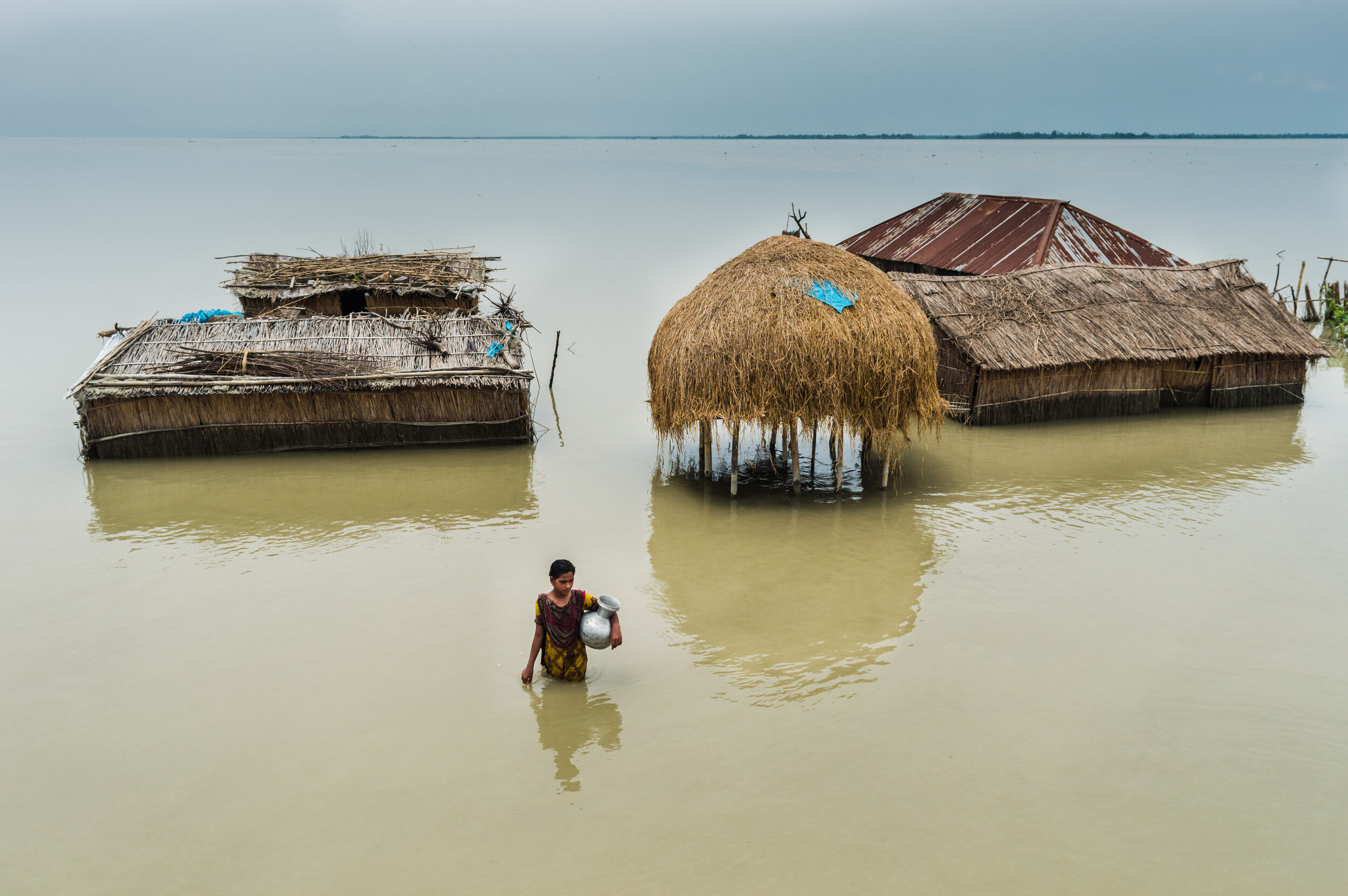The Centre at Climate: Red – let’s stop treating disasters like surprises
Photo: The International Federation of Red Cross and Red Crescent Societies (IFRC)
The Centre for Disaster Protection was proud to be part of this year’s Climate:Red, the global climate change summit organised by the International Federation of Red Cross and Red Crescent Societies (IFRC). It played a key role in four sessions across the virtual event, all exploring how the world can stop treating disasters like surprises.
Daniel Clarke, Director of the Centre for Disaster Protection, joined Alexandra Rüth, Head of Anticipation Hub, and Ben Webster, Head of Secretariat at Risk Informed-Early Action Partnership, in a ‘Call for Collaboration’ at the Headline Feature: Scaling-up Anticipatory Humanitarian Action – More. Better. Together.
Daniel commended the Red Cross Red Crescent movement and other humanitarian actors for leading the way towards humanitarian action that is earlier and more dignified. He highlighted the Centre’s mission to stop disasters being treated like surprised and said: “[…] when covid is no longer on the front page of every newspaper every day the world over, there will be an opportunity to channel our shared global experience of the covid crisis into reform of the global crisis architecture, to prioritise risk and deliver protection for the most vulnerable. We want a world where disasters are paid for with money, not with lives, with debt, and with compromise. We want to build a campaign for a better world, with you all.”
The full transcript of his speech is available here.
The Centre’s Head of Multilateral Programmes, Zoë Scott, hosted a joint debate with the IFRC further exploring this idea. Erin Coughlan de Perez from the Red Cross Climate Centre and Conor Meenan from the Centre for Disaster Protection debated whether now is the time to change how the world pays for disasters. The resounding answer from participants, across 18 countries, was ‘yes’, with 94% voting that, despite the challenges, we should work together to help move ‘beyond the begging bowl’.
The third session was with the Centre’s Deirdre O’Sullivan-Winks, Joanne Meusz and Daniel Clarke, who delivered a panel session with partners IFRC and the Anticipation Hub on how Disaster Risk Finance can help those working in and with the humanitarian sector become better disaster risk managers. The session explored how, with credible and coordinated plans in place, transparent and evidence-based decision-making processes and pre-planned financing on standby, money can reach the people who need it most, when they need it.
The session looked at the key principles of disaster risk financing and important factors to consider when getting started. This included a Q&A with Nazira Lacayo, who discussed her work as a senior officer for the IFRC Forecast Based Action Fund and how Forecast-based Action is an example of disaster risk financing in practice.
Finally, the Centre, with partners Anticipation Hub, InsuResilience and REAP, organised a joint networking event which invited participants to brainstorm and explore new ideas for collaboration in disaster risk financing and early action.

